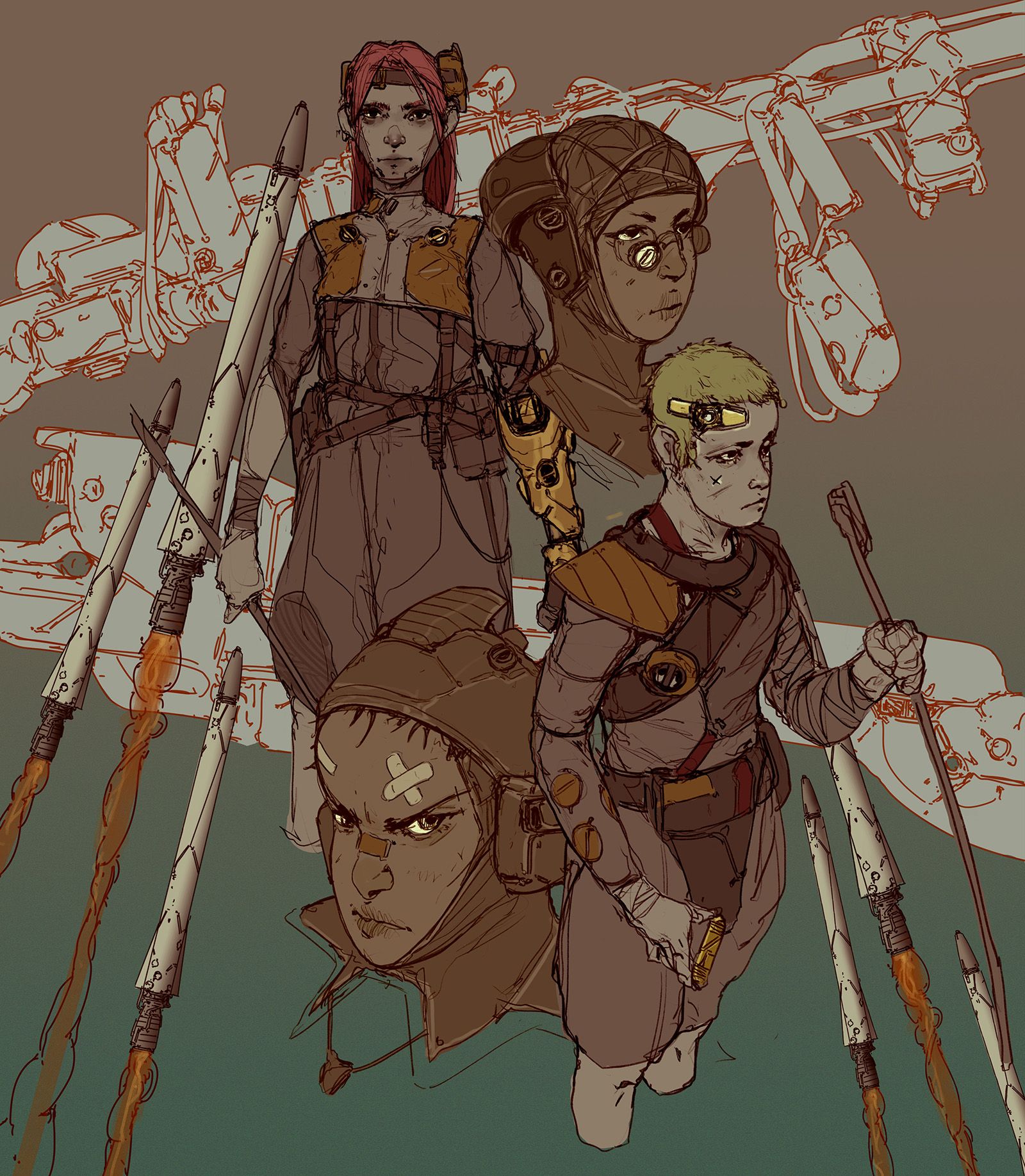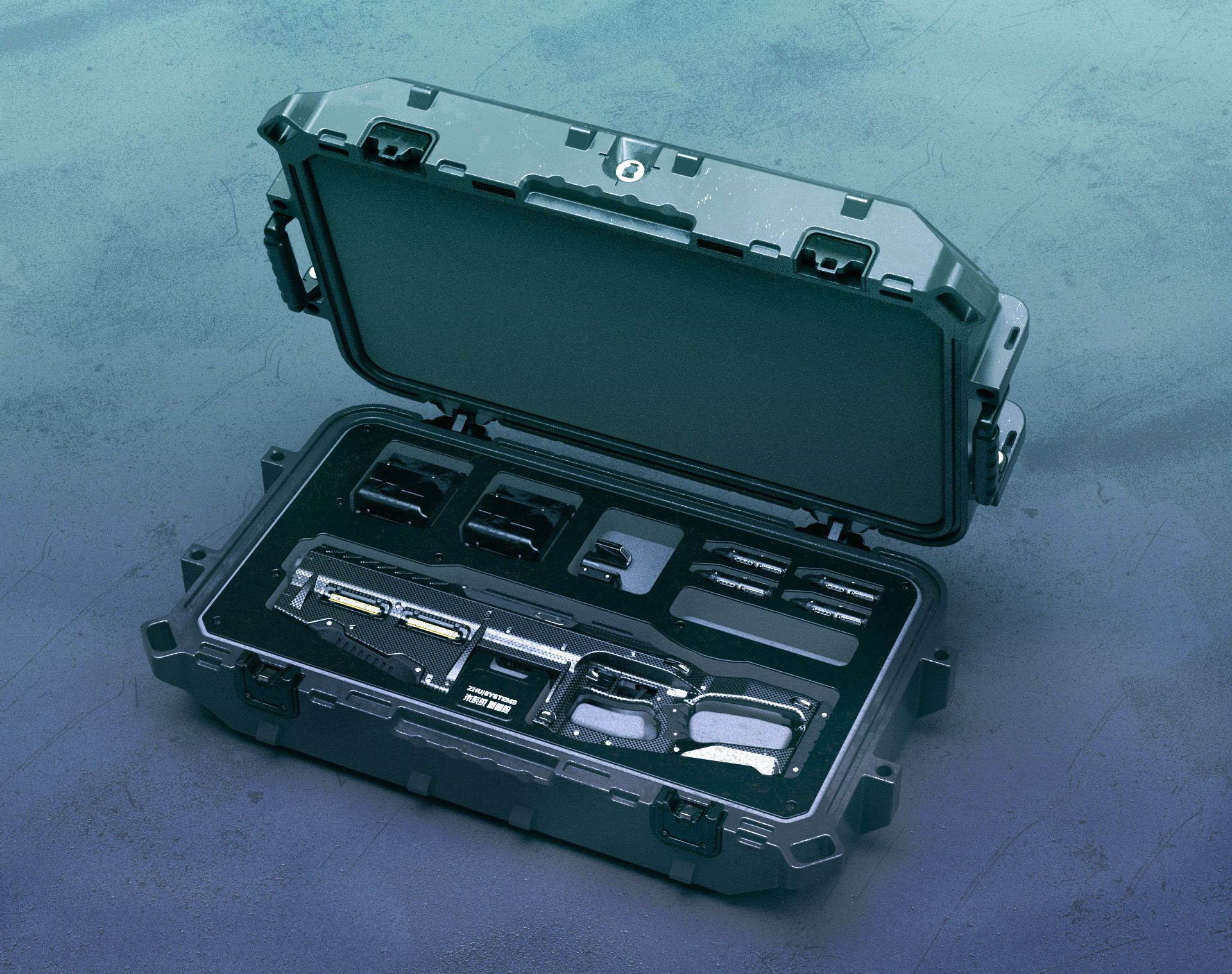Aten7, Ælfheim and Open Source Development
We wanted to touch briefly on our open-source development, as it is an important part of our project and overall work.
As we have mentioned previously, at Ælfheim, we have been developing a new open standard for asset interoperability in the gaming industry. Our lead developer, Sylvan, has some years of experience in this field, having previously worked in R&D as lead engineer on asset interchange systems and formats for high-end film VFX at places like Double Negative.
There has been a lot of talk in recent years about trying to find a way to reproduce the 'Ready Player One' effect - walking seamlessly from game world to game world, taking your items and clothing with you as you go.. and there have been plenty of people trying to sell a solution to that.
Any games developer can tell you that most of that is complete garbage.. even simple problems, like changes in art direction and utility, make this 'problematic' - let alone getting to issues like licensing and other IP-related minefields.
But that doesn't mean the idea isn't feasible, just difficult..
We like difficult!

Our team has worked hard to break this new ground, and we are very happy with our solution. It provides an exciting new way of interfacing and interchanging safely between systems, while providing the best possible experience for the player or user.
This standard is pretty well future-proofed and even leverages some new technology that we haven't explored all the potential benefits of, so it's an exciting time for us.
Before releasing it to the public, we want to ensure that we have a range of support utilities and tools in place to make the integration process as seamless as possible for others.
Once this is complete, we will share it under an open patent for the benefit of the community; to enhance metaverse building projects and games, in both web2 and web3.
Open standards, such as this one, greatly benefit the gaming industry and creative industries as a whole. By providing a universal framework for asset interoperability, developers can save time and resources by easily sharing and using assets across different projects. This can ultimately lead to better, more polished games.
We have not tried to reinvent the wheel here; we have built on existing best-in-class solutions, already used extensively by the industry, enhancing them with our own novel data layer that provides a number of valuable benefits.
This is why we feel that we can make such a bold claim as the 'best format in the world'.
One example of the benefits of open standards can be seen in the success of Unreal Engine. Unreal Engine is widely used in the gaming industry, and its open architecture allows for easy integration of assets and plugins from a variety of sources. This has led to a thriving ecosystem of content and tools for Unreal Engine developers, resulting in a wide range of high-quality games.
Another example can be seen in the success of the Open Game Art community. This community is built around the sharing of free, open-source game assets, which allows developers to access a wide range of high-quality content without having to create everything from scratch. This has resulted in a wide range of diverse and unique games, and has helped to foster a sense of collaboration and innovation within the gaming community.
In conclusion, open standards and open-source tools have the potential to greatly benefit the gaming industry by fostering collaboration and innovation.
Our new asset interoperability standard, along with the associated utilities and tools, can be a solid step forward in this direction, and we are excited to see the impact it could have on the industry.









